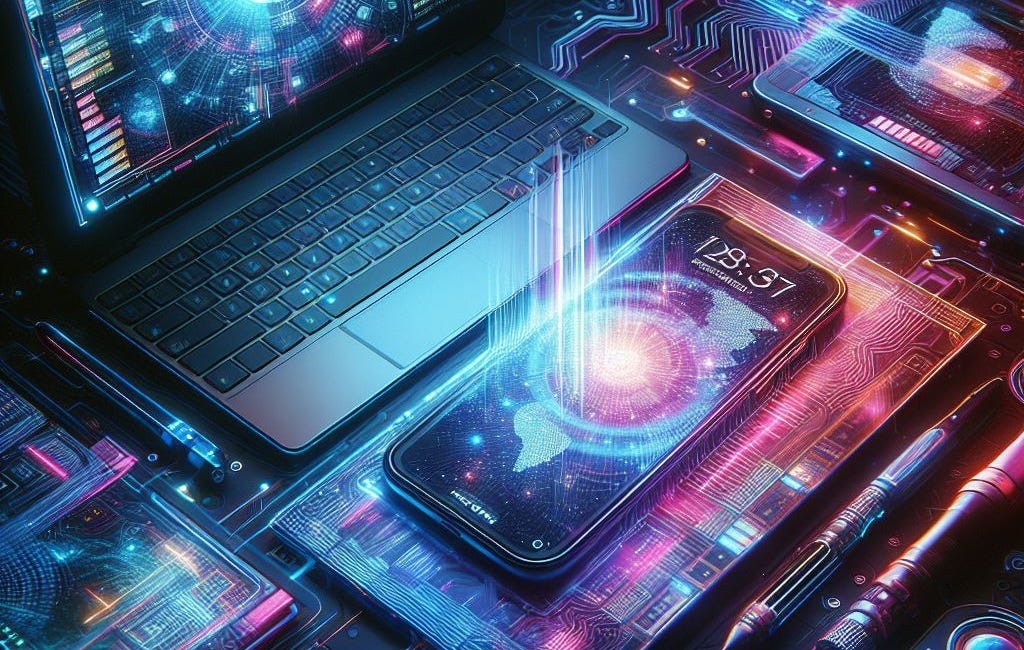Anthropic has announced legal protections for users, following a new trend among generative AI foundation model providers selling to enterprise users. This is probably necessary, given that OpenAI, Google, Microsoft, and others offer user protections. However, it also highlights an important risk that generative AI users and the companies providing the core technology and products must account for: legal costs.
Anthropic’s latest blog post states:
Our Commercial Terms of Service (previously our services agreement) will enable our customers to retain ownership rights over any outputs they generate through their use of our services and protect them from copyright infringement claims. Under the updated terms, we will defend our customers from any copyright infringement claim made against them for their authorized use of our services or their outputs, and we will pay for any approved settlements or judgments that result.
Legal Risks
Anthropic, OpenAI, and others are raising unprecedented private funding as investors look to ride the latest technology wave to hoped-for riches. These funding rounds are expected to cover the significant costs associated with training large language models (LLM) and latent diffusion models for images. If generative AI gets a frosty reception from the courts, much of that funding may go to plaintiffs.
Even if these companies say they will indemnify their users, that will only go so far if the judgments send them into bankruptcy. Plaintiffs will then go to the organizations they see as perpetrators or at least co-conspirators: the users.
This is another trend that will entice enterprises to choose only the best-funded generative AI startups or tech giants as partners. Enterprises can reduce risk by seeking partners with indemnity protection and deep cash reserves. This is another advantage held by companies such as Microsoft, Google, Amazon, and NVIDIA that the startups cannot match. Among the newcomers, only OpenAI and Anthropic have thus far shown the ability to raise funds well beyond their near-term operating needs.
2024 will be a year when generative AI goes to court.
Anthropic is in Talks for another $750 Million in Funding and a 4.5x Rise in Valuation
The Information and CNBC have reported that Anthropic is in advanced negotiations with Menlo Ventures and other institutional investors to raise another $750 million. While Anthropic has recently sought a valuation of over $20 billion, the expected investment valuation is $18.4 billion.
Apple is Courting News Publishers Hoping to Use Their Content to Train a New LLM
The New York Times reported that Apple has reached out to several leading news publishers asking to use their content for training a new large language model (LLM). According to the report: The technology giant has floated multiyear deals worth at least $50 million to license the archives of news articles, said the people with knowledge of talks, who spo…









"2024 will be a year when generative AI goes to court." Yep.
This was published 11 minutes ago:
The Times Sues OpenAI and Microsoft Over A.I. Use of Copyrighted Work
https://www.nytimes.com/2023/12/27/business/media/new-york-times-open-ai-microsoft-lawsuit.html